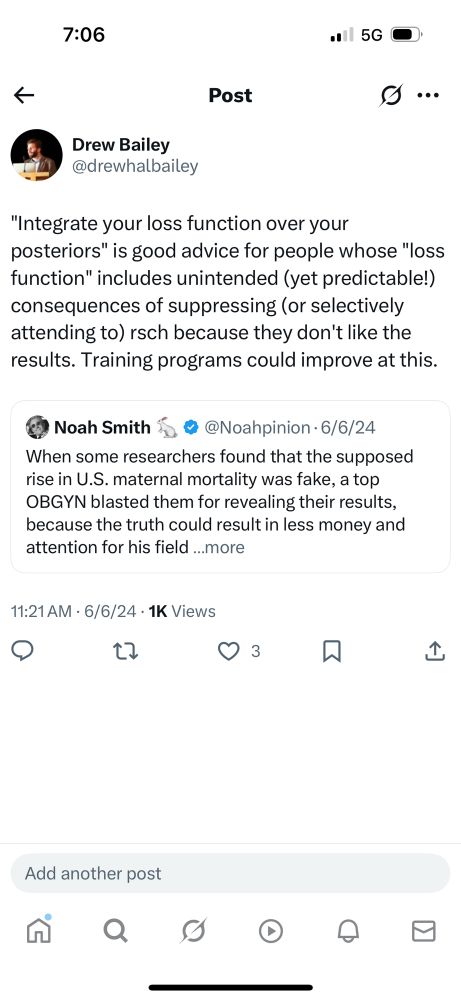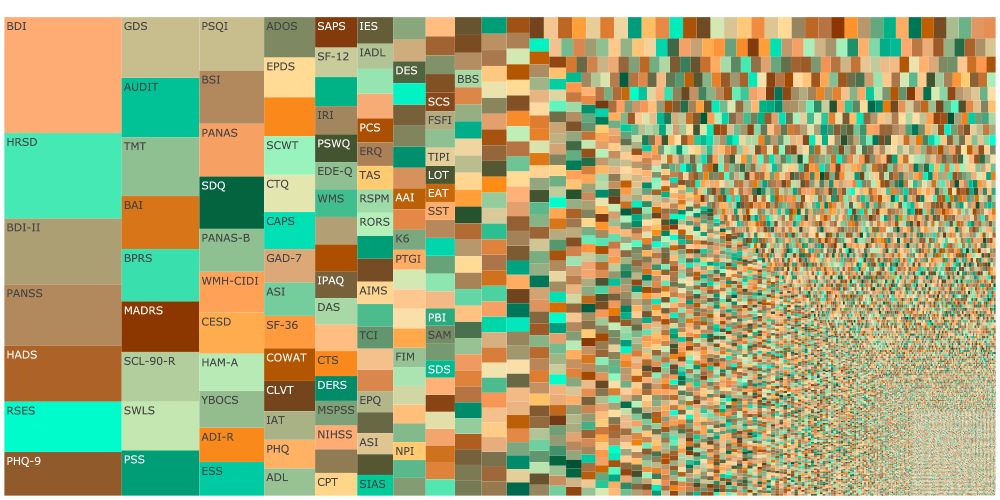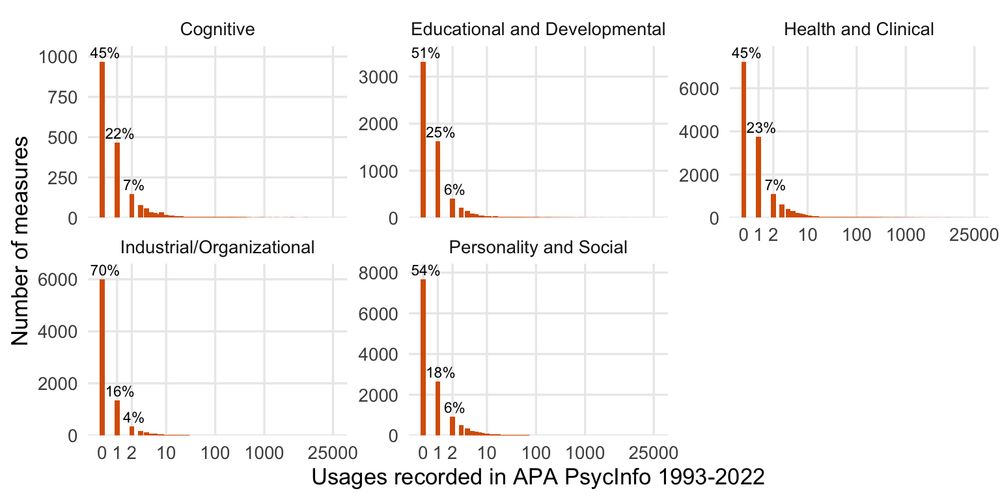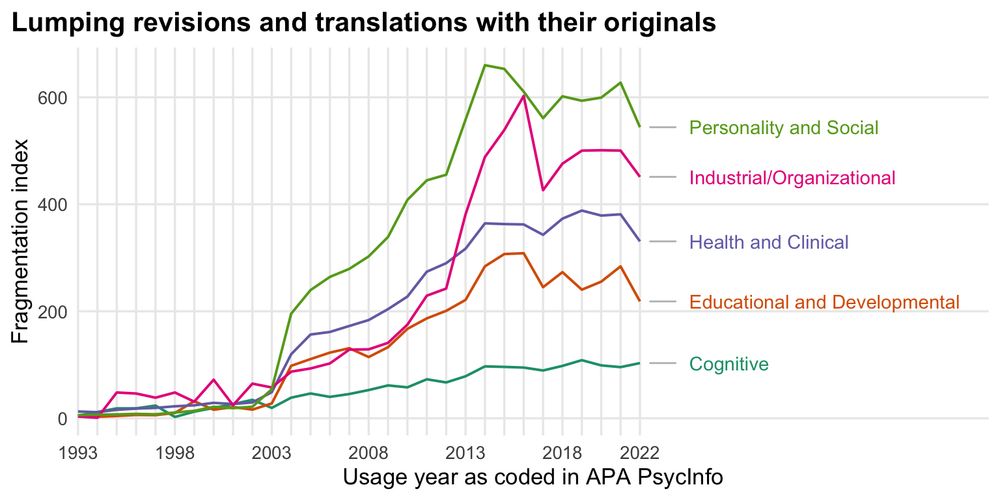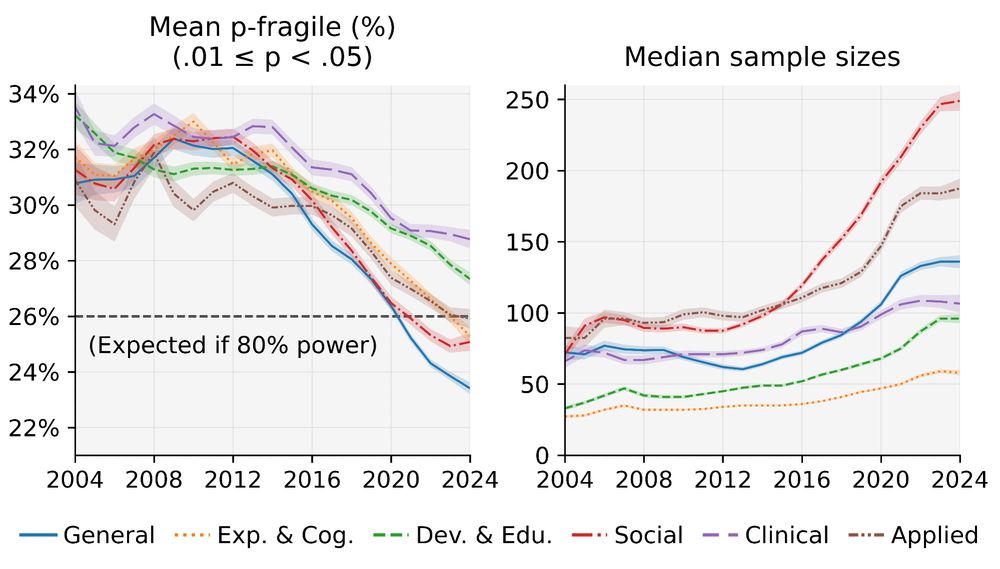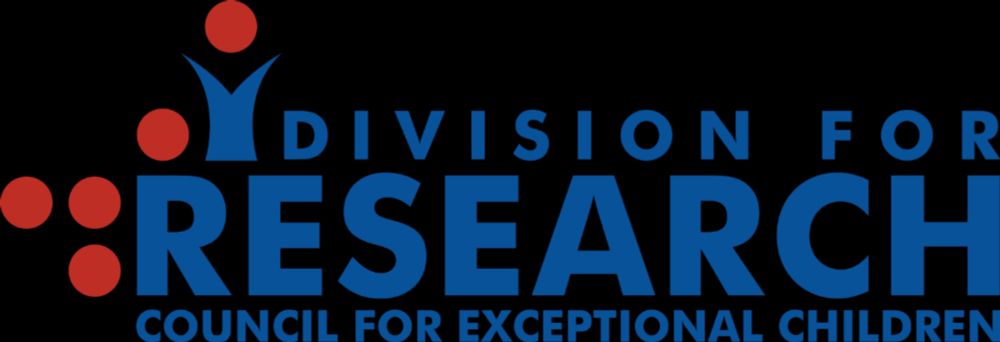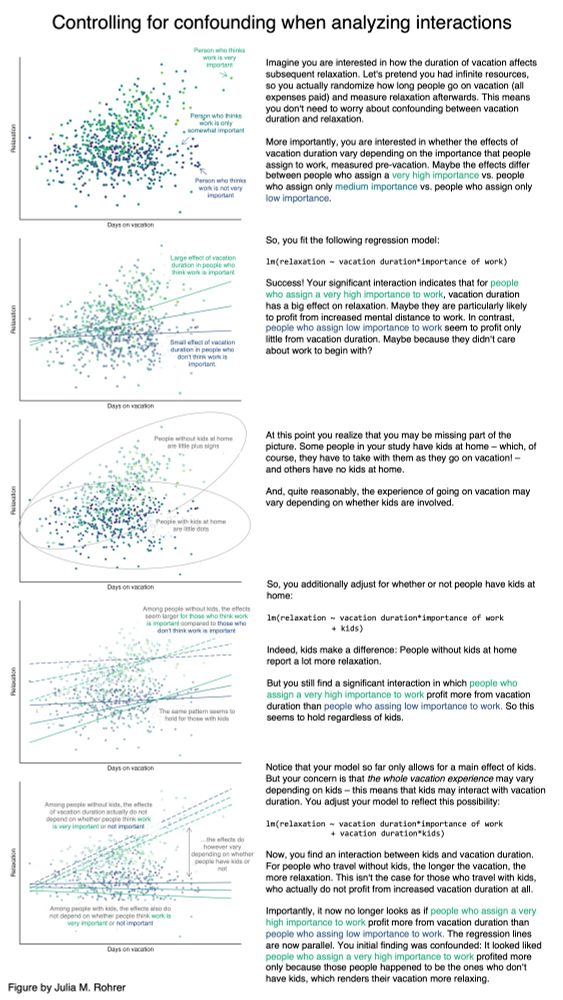Drew Bailey
@drewhalbailey.bsky.social
1.5K followers
280 following
83 posts
education, developmental psychology, research methods at UC Irvine
Posts
Media
Videos
Starter Packs
Reposted by Drew Bailey
Drew Bailey
@drewhalbailey.bsky.social
· Aug 25
Drew Bailey
@drewhalbailey.bsky.social
· Aug 25
Sanjay Srivastava
@sanjaysrivastava.com
· Aug 23
Drew Bailey
@drewhalbailey.bsky.social
· Aug 19
Drew Bailey
@drewhalbailey.bsky.social
· Aug 18
Reposted by Drew Bailey
Julia M. Rohrer
@dingdingpeng.the100.ci
· Jun 25
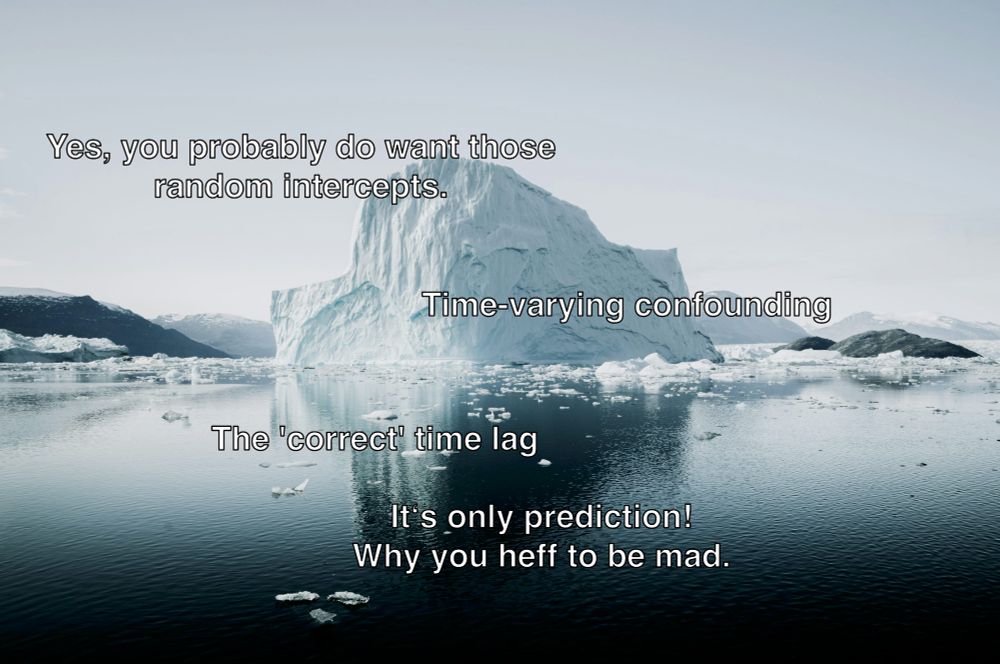
Reviewer notes: So you’re interested in “lagged effects.”
In some fields, researchers who end up with time series of two variables of interest (X and Y) like to analyze (reciprocal) lagged effects between them. Does X affect Y at a later point in time, and d...
www.the100.ci
Drew Bailey
@drewhalbailey.bsky.social
· Jun 23
Reposted by Drew Bailey
Reposted by Drew Bailey
Drew Bailey
@drewhalbailey.bsky.social
· Jun 11
Drew Bailey
@drewhalbailey.bsky.social
· Jun 11
Drew Bailey
@drewhalbailey.bsky.social
· Jun 11
Reposted by Drew Bailey
Drew Bailey
@drewhalbailey.bsky.social
· May 15
Drew Bailey
@drewhalbailey.bsky.social
· May 12
Reposted by Drew Bailey


